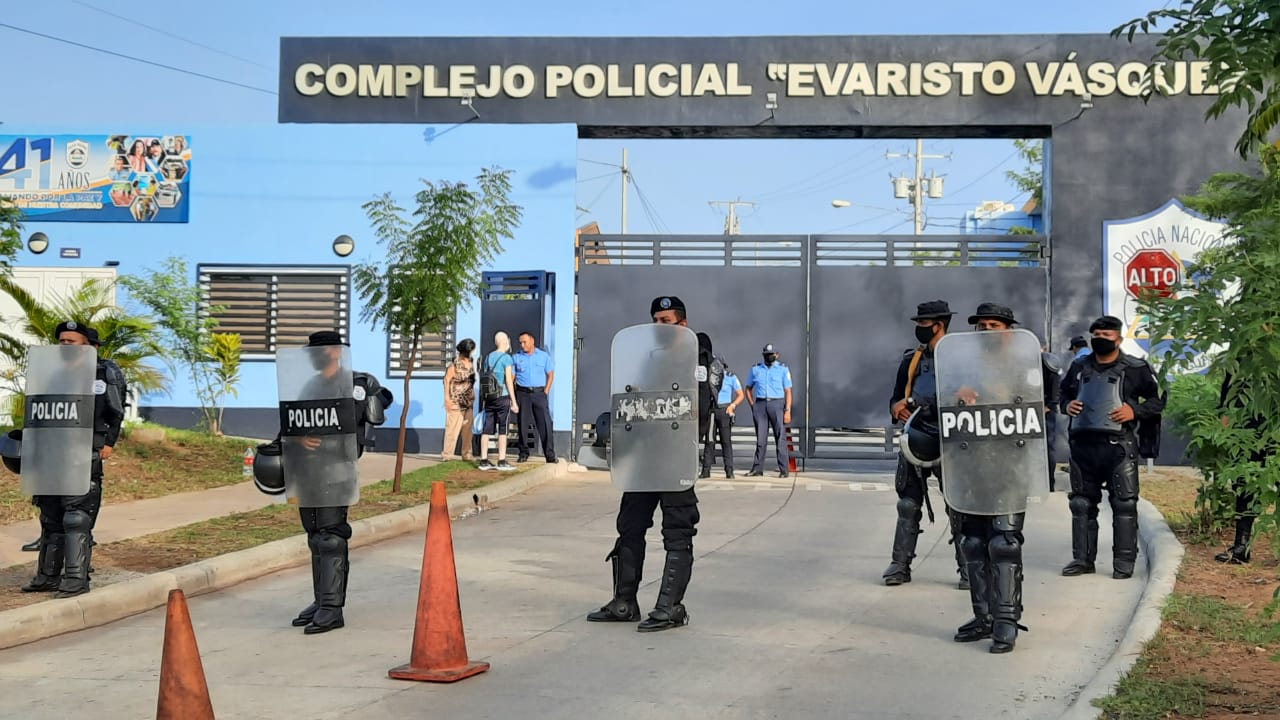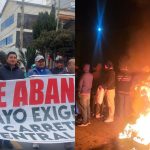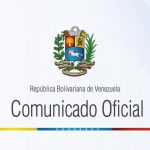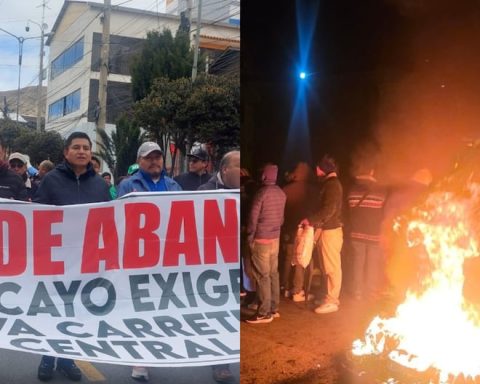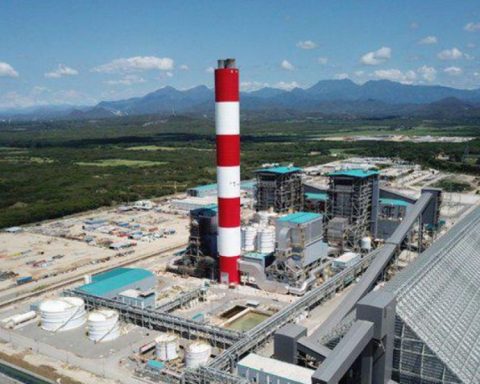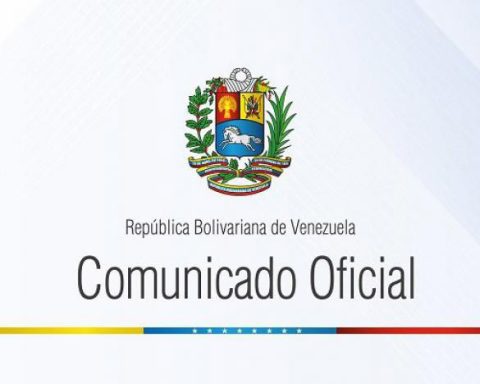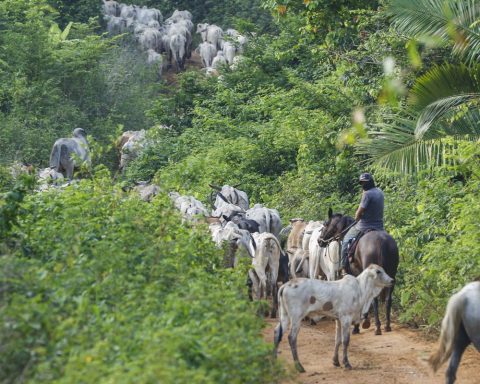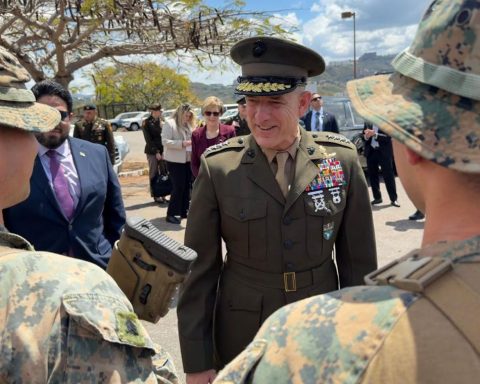The Police, under the control of Daniel Ortega, maintain 28 opponents, activists and human rights defenders in the Judicial Assistance Directorate (DAJ), known as “El Nuevo Chipote” in Managua. All have already been convicted of the alleged crimes of “undermining national integrity” and “cybercrimes” contemplated under the laws of Ortega.
His relatives have denounced the “poor diet, physical and psychological torture, and inadequate medical care from prison” and have warned of an “extermination plan” by the Sandinista regime against opponents, who have only been authorized seven visits in 11 months of imprisonment.
Human rights defenders even fear for the lives of opponents. “We fear that they will die in prison as happened with General Víctor Hugo Tinoco,” the representative of the Nicaragua Never Again Collective, Wendy Flores, recently said in an international forum.
Related news: Cenidh confirms that Ortega sends Víctor Hugo Tinoco home to jail
In the last quarter of 2020 and in the first quarter of 2021, repressive laws were passed such as the Foreign Agents Regulation Law, the Conspiracy Law and the Cybercrime Law, all aimed at imprisoning opponents. As part of this combo of laws, seven presidential candidates, human rights activists, journalists, businessmen, diplomats and former guerrillas who fought against the Somoza dictatorship were arrested.
This morning the Nicaraguan Center for Human Rights (Cenidh) confirmed that the dictatorship changed the prison regime to house arrest for the former Nicaraguan deputy foreign minister and political prisoner Víctor Hugo Tinoco, leaving 28 opposition leaders imprisoned in the police complex, converted into a permanent detention center. by the regime.
According to the human rights organization, the hostage of conscience is in his home with some of his relatives. She also pointed out that like all political prisoners who are in jail at home, they are held incommunicado. It is known that the causes for which the Ortega dictatorship sent Víctor Hugo Tinoco to house arrest are due to his delicate health situation.
The dictatorship has also sent presidential candidate Arturo Cruz, 68, former Foreign Minister Francisco Aguirre Sacasa, 77, former Vice Foreign Minister José Bernard Pallais Arana, 68, and 79-year-old former diplomat Edgard Parrales, to “household jail.” and the former Nicaraguan ambassador to Costa Rica Mauricio Díaz, 71 years old. These measures of “home detention with police custody” have involved serious restrictions against all their families and the medical conditions of each of the inmates are unknown.
The director of the newspaper La Prensa and member of the annulled Citizens for Freedom Party (CxL) Pedro Joaquín Chamorro, the former deputy María Fernanda Flores, the presidential candidate Cristiana Chamorro, the opposition Noel Vidaurre and the political commentator Jaime Arellano, are under the same regime. most accused and convicted of alleged treason against the country.
Related news: Relatives of political prisoners with house arrest, forced to “feed” the police officers who “guard” them
In the prisons there are 21 elderly political prisoners, 16 men and five women. Some subjected to maximum security cells and isolation, without the right to change the prison regimen to domicile, despite their delicate state of health. There are more than 170 prisoners who are distributed in the penitentiary systems of Granada, Matagalpa, Chontales, Estelí, Río San Juan, Chinandega, Jinotega and in Managua also in La Modelo.
The conditions of torture in “El Chipote” for the political prisoners reach the extreme that they cannot talk among themselves, “The Ortega-Murillo regime is conditioning the body language of the political prisoners in El Chipote; wherever they go, they always have their hands handcuffed, they go with their heads down, without permission to say a single word,” criticized the Cenidh through its Twitter account.
The organization points out that the dictatorship of Daniel Ortega wants to “turn them off and erase the minds” of the current political prisoners. Their families have reported that many have medical complications. Their health condition is aggravated by the confinement conditions and the poor diet of which they are victims.
